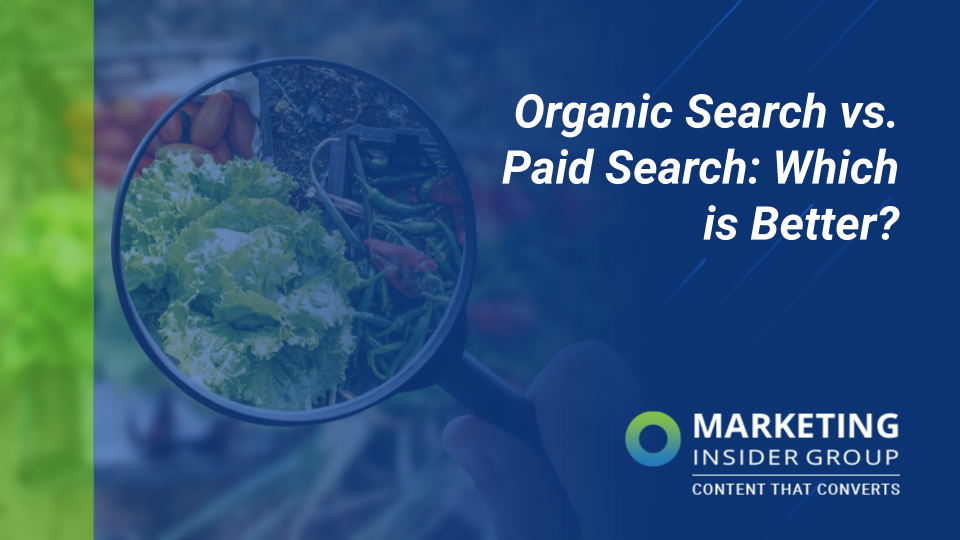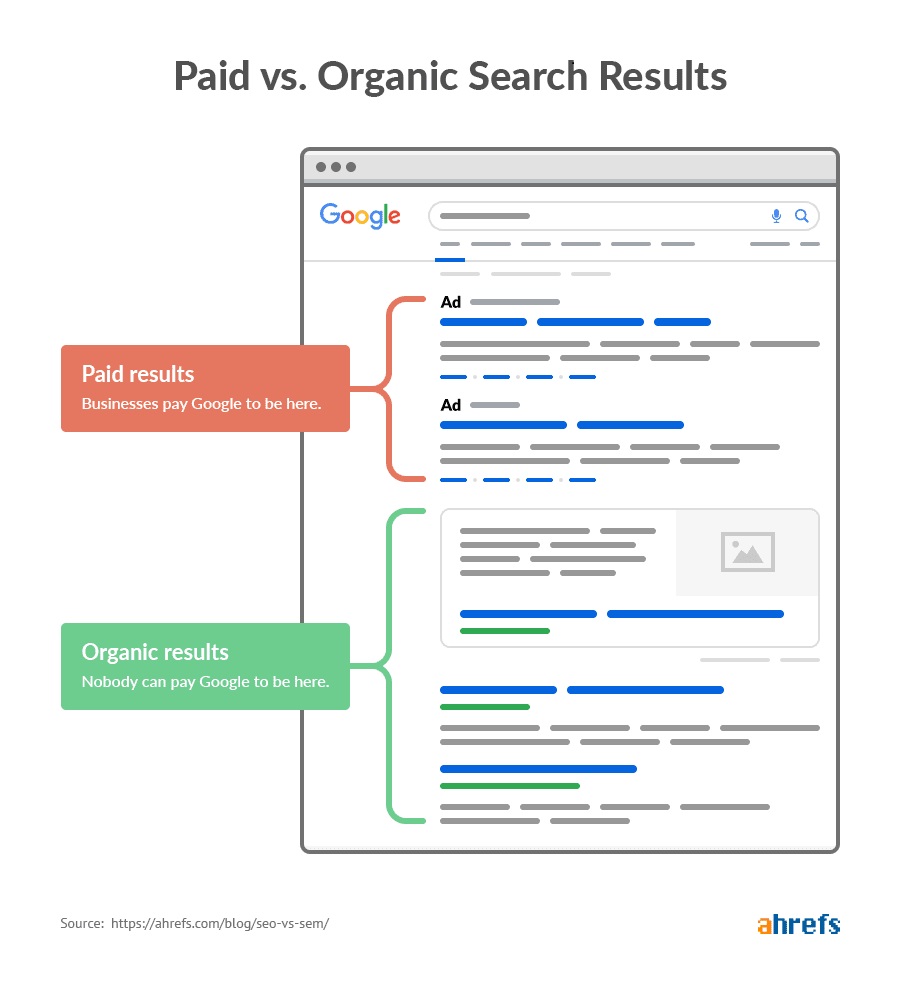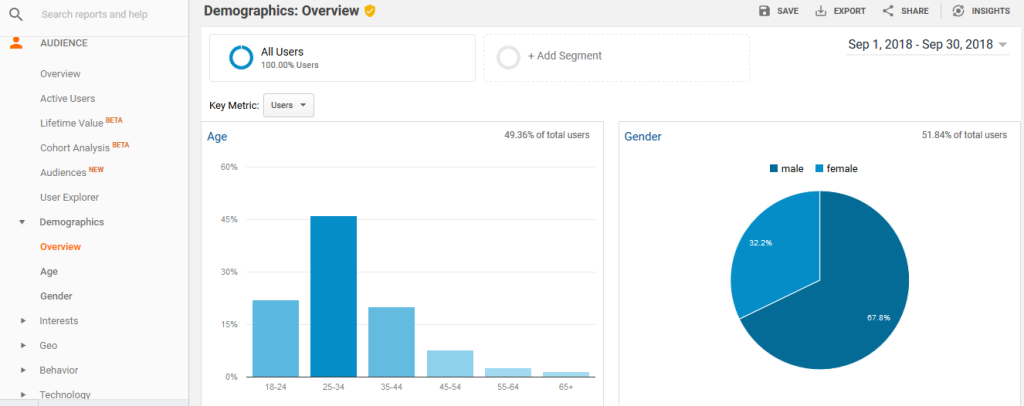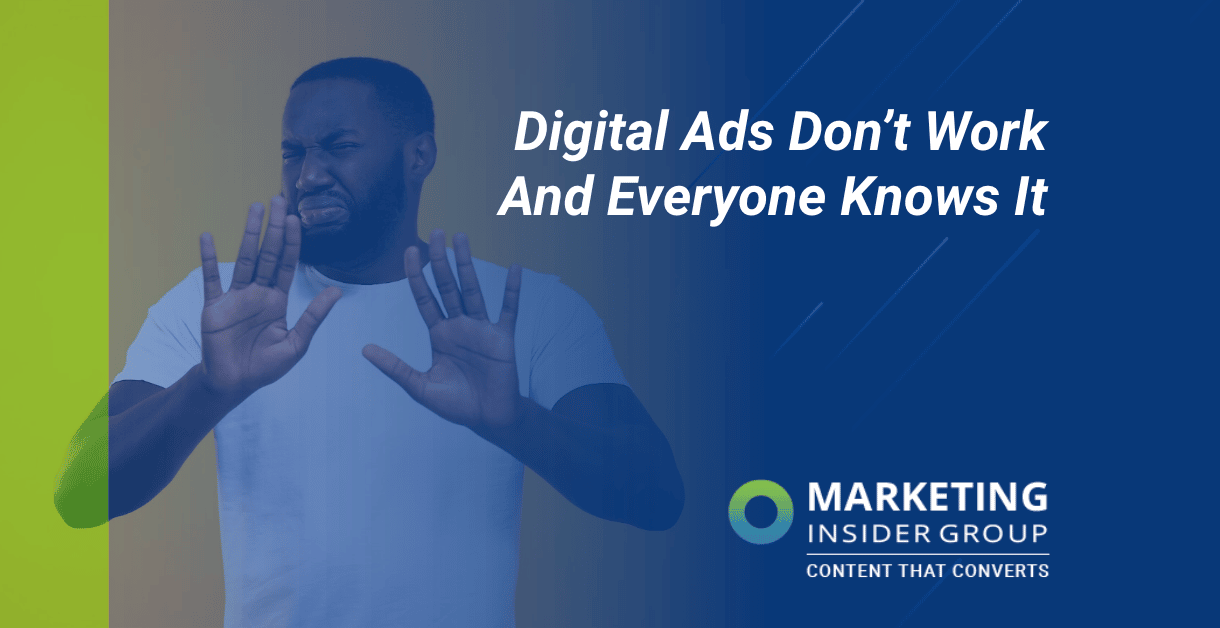
Does Online Advertising Work?
By the title of this article, I’m sure you can guess our short answer is no. We just covered how CEOs don’t think it works. During the pandemic, brands like P&G, Chase Bank, and Uber slashed their ad budgets and saw exactly ZERO impact on their sales revenue.
Now we’re seeing the same thing happen again as ad sales plummet, advertising budgets shrink, and marketers are bring asked to focus on marketing that actually works.
Here’s a few more stats to show that digital ads don’t work:
- 89% of marketers don’t think digital ads work
- 36% of the clicks on paid ads are fraudulent. (Search Engine Journal)
- Venture capital investment in ad tech is declining by an average of 10% each of the last 5 years.
- Even CEOs from the most recognized brands know that digital ads are a waste money.
- Businesses big and small from all sectors don’t see any lost sales after they stop spending money on ads.
And yet, business spending on digital ads is still projected to increase by 10% this year.
Most people think marketing is just people buying ads. Google, Facebook, and other social media platforms only exist because they convinced brands to spend money on “highly targeted” ads based on our behavior, demographics, or interests. That’s creepy!
But they must work, right? Cumulatively, brands spend more than $300 billion on digital ads each year!
The truth is, most marketers are simply lining the pockets of big ad tech execs, paying for bot traffic, and delivering no measurable revenue from ad spend.
Quick Takeaways:
- Digital ads don’t work! And we have the data to prove it.
- When brands slash their PPC and banner ad budgets, they notice paid traffic drops but sales are unchanged.
- Venture capital is fleeing ad tech, seeking more sustainable solutions.
- Our clients spend just 5% of their ad budget on Content marketing but see 7x ROI on average.
Do Digital Ads Work? Not For Most Businesses!
Digital ads don’t work. They’re the definition of a money pit. A swindle. A grift.
According to WordStream’s analysis of $3 billion in annual PPC ad spend, the average click through rate is 2.35%. More than 90% of those clicks bounce. So $3 billion gets you a 0.2% chance of finding a new warm lead.
Multiply that by the average conversion rate for most leads and you get exactly ZERO new customers. On average. (Yeah I know some companies are better than this. And some products are more likely to work.)
What about banner ads? Well, banners have 99 problems but a click ain’t one. The average click through rate on this fun little marketing curse is 0.06%.
Oh, those are just for generating awareness? Good luck with that! No wonder most marketers are miserable!
Digital Ads Might Be the Next Financial Bubble to Burst
eMarketer estimates worldwide digital ad spending sits at $441 Billion and projects that figure to grow to $526 billion by 2024.
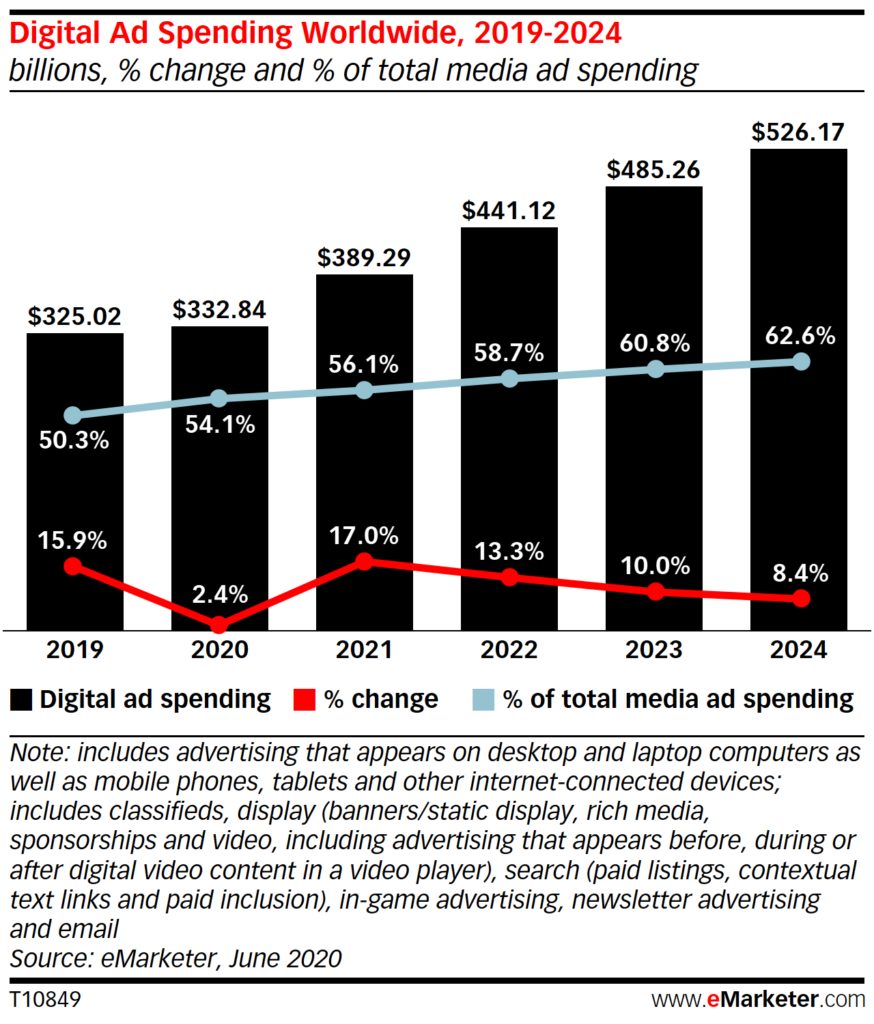
eMarketer
Sounds promising for the digital ad industry! Not quite. Look at that dwindling growth rate—during the pandemic, it dropped to just 2.4% when brands halted all their costliest marketing tactics.
Wired ran a groundbreaking piece with a pertinent subtitle to drive home the point in October 2020 that didn’t get nearly enough attention (wonder why):
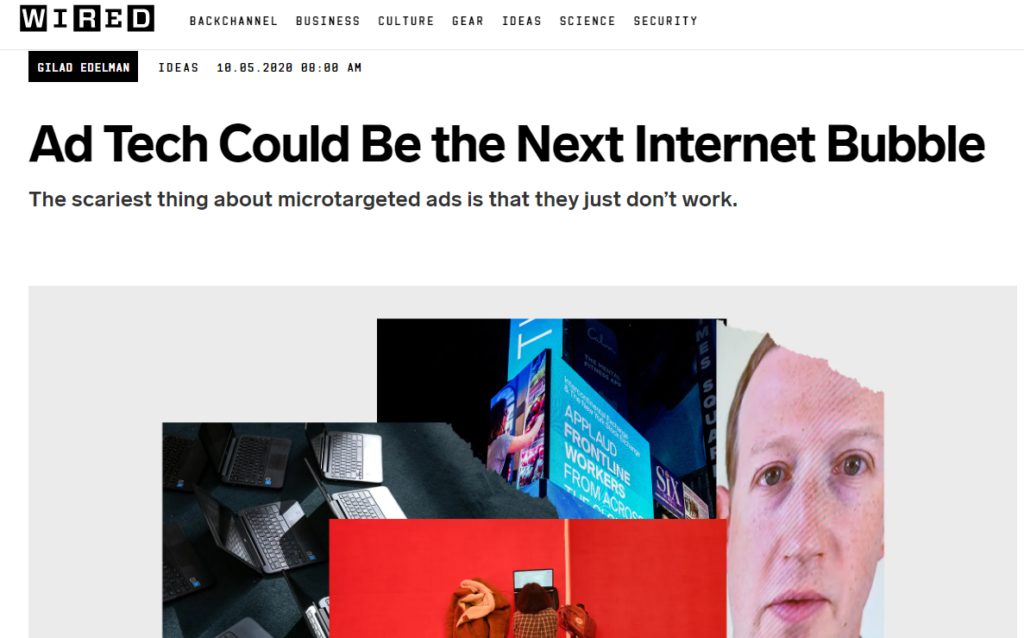
Wired
It points out that micro-targeted ads are far less accurate and persuasive than they’re advertised.
Plus, the metrics are less-than-transparent for brands like you, yet this is how Google makes 80% of its revenue and Facebook 99%: an average 60% of all digital ad revenue.
Wired’s writers even compare the inevitable implosion to the 2000 mortgage crisis. Think they’re being facetious? Well, consider that the entire industry of tech giants has built an empire off free apps by collecting the data to sell you ads.
Brands Realized Paid Digital Ads Don’t Work
Brands big and small cut the ad spigot in response to the pandemic’s uncertainty, and guess what? Nothing changed.
P&G turned off $200 million, Chase slashed ad reach by 99%, Uber turned off $120 million in ads for app installs—not one business noticed a change in outcomes.
Going back further, that’s the norm since shortly after ads emerged when eBay ended their paid search spending in 2012.
Yep, paid digital micro-targeted ads are just a big house of cards.
Even small businesses who reported a decline of 90% in ad spend saw little to no change in sales revenue.
Bots Drive Up Your Ad Spend More Than You Think
Goggle admits it right away (although I’m not sure who’s behind this embedded instant stat):

Search Engine Journal tells us each brand should expect “fraudulent” clicks to consume 20% of all paid ad clicks—in other words, bots.
But then again, the latest estimates tell us nearly 40% of all internet traffic is just bots, both “good” and “bad.”
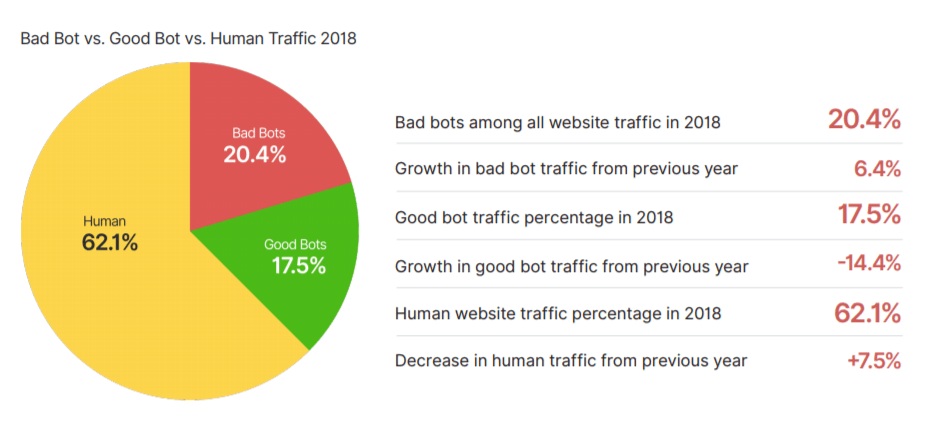
Venture Capital Flees Ad Tech Quietly
Don’t get left in the aftermath of capital flight. Today’s capital flight looks much different than 1980s Detroit. Now, it happens internationally across entire sectors—like ad tech.
Back in 2018, Adweek quoted a Forrester report predicting venture capital would scatter from ad tech within the next few years. And looking at the latest stats from Crunchbase, venture capital has fled from ad tech deals at a roughly 10% compounded annual rate over the last five years.
Not good.
If Digital Ads Don’t Work, What’s Next?
Look, you’ve already made it this far—likely from literally asking yourself and Googling “do digital ads work?” Deep down, you know the jig is up, but what replaces them?
First, acknowledge you won’t miss anything by slashing your paid digital ad budget. Get over the FOMO because the ROI never existed and it won’t magically appear no matter how you tweak.
After starting my career in sales, I moved into marketing vowing to only work on things that can show measurable value. I never worked on a branding campaign. I never re-designed a logo. I mainly focused on creating helpful content for customers, knowing that would attract them to my business.
It’s what we now call Content marketing. You don’t have to pay for organic search clicks to your own site. But a small investment in strategic content (our average clients spends just 5% of what they spend on ads), can produce a compounding rate of return.
Replace Your Digital Ad Budget with Content Marketing
Because content marketing works for even the “least successful” content marketers.
As of 2020, 41% of even the low-performing content marketers surveyed said their content marketing successfully generates leads and ROI, compared to almost two-thirds for B2Bs with the best content:
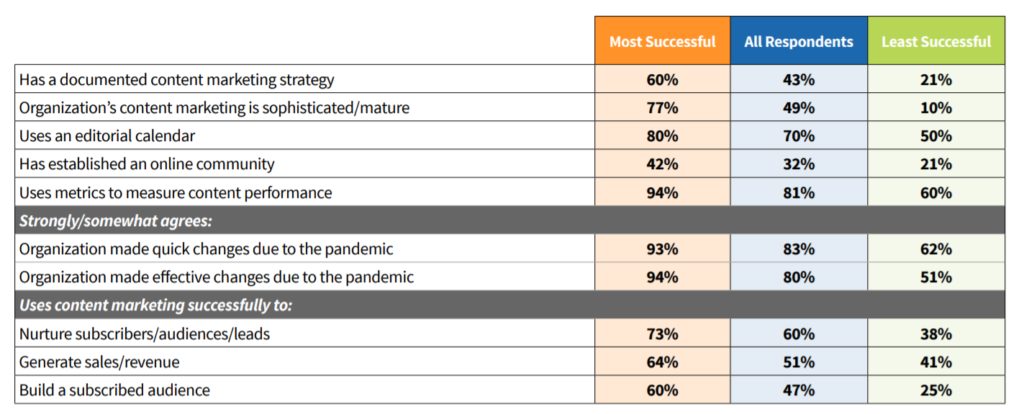
Now, look at the massive gap between high- and low-performers as of last year.
Meanwhile, 29% of the low-performers said their content marketing generated sales and revenue, compared to three-quarters of high-performers.
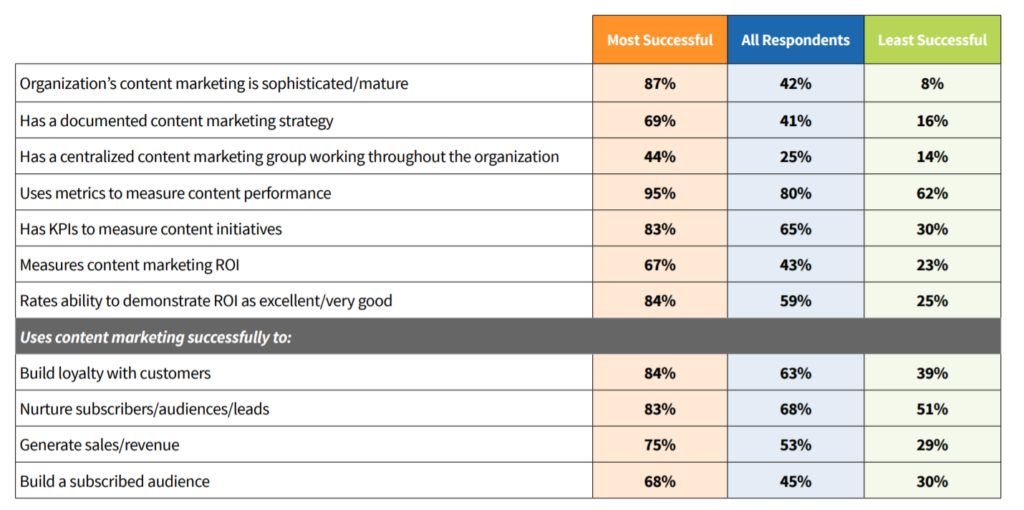
It’s obvious from these stats and trends in Digital Marketing that businesses are investing more time, energy, and resources into their content marketing because they understand its value. They get that digital ads don’t work and they need a real solution.
Not Just Any Content Marketing Will Do
I get it. Digital ads are appealing because they look highly targeted, and the “clicks” start flowing in right away. But it’s all a charade. Content marketing is genuinely targeted because it uses empathy and brand storytelling— but also delivers traceable ROI.
Ads don’t work because potential customers don’t click them. Bots do. In fact, a quarter of people use ad blockers, so you’re already doomed. (Sorry if this video forces you to watch an ad!!!)
Customers do, however, click organic search results targeted to their query, pain point, and interest.
What are you more likely to click for help building your social media strategy…
…one of these useful blogs from an authoritative site?
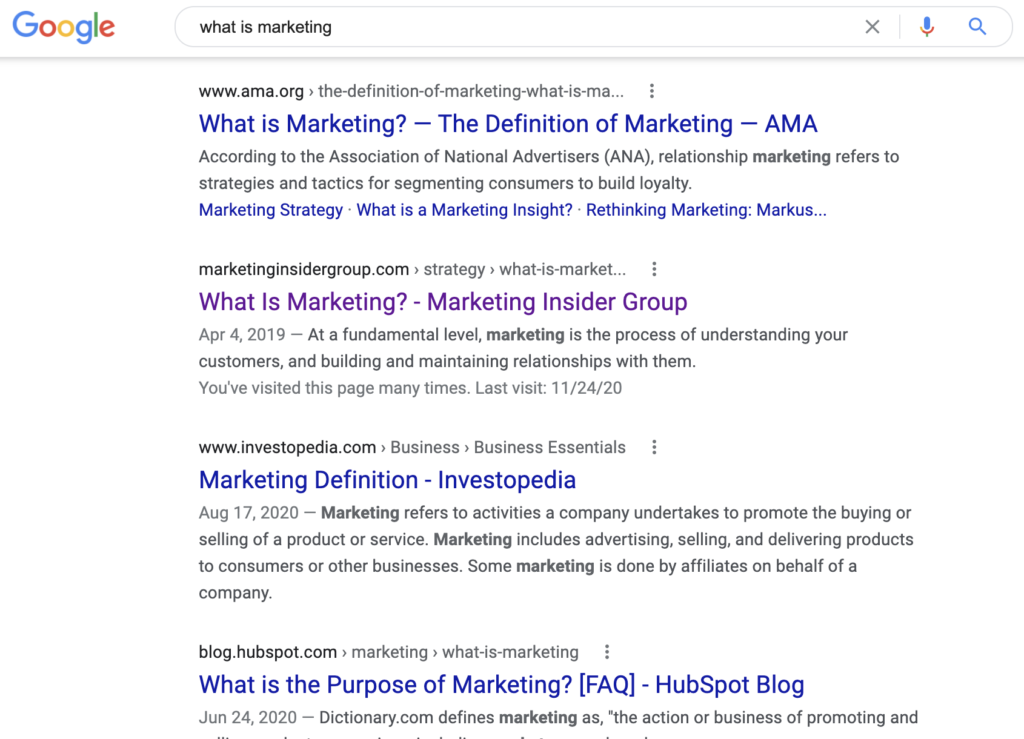
…maybe one of these interesting scholarly articles?
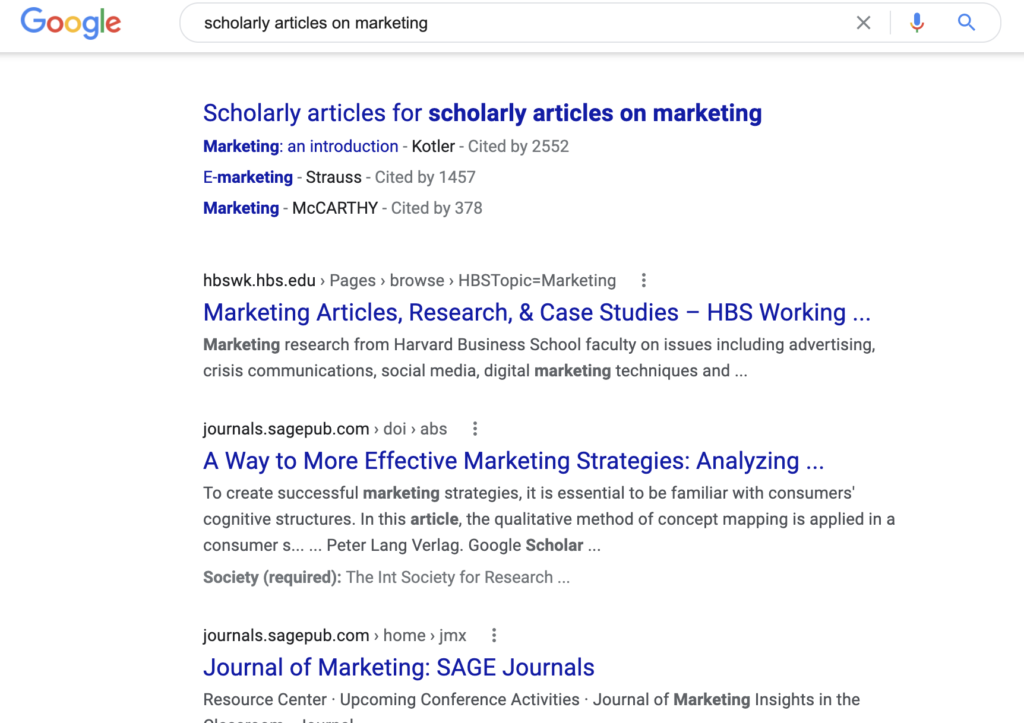
…or one of these annoying paid ads?
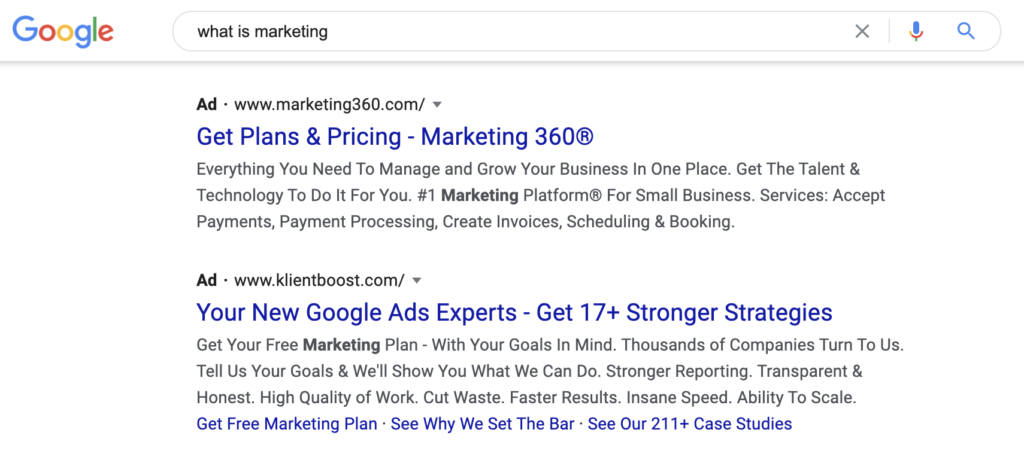
The choice is obvious. It’s clear content marketing delivers trackable results and digital ads don’t work. Trust me, you won’t miss them when they’re gone.
Admit Digital Ads Don’t Work and Start Building Your Content
Hopefully by now you’re ready to stop living in denial, admitting to yourself and your brand that digital ads don’t work.
Digital ads just don’t deliver any real revenue—they cost a literal fortune, and soon, the whole operation will implode. So, will you be holding the bag?
Make 2021 the year you go all-in on content: blogs, eBooks, videos, infographics. You can still create targeted content to reach your audience. Content is simply more sustainable and delivers better revenue.
Which has produced more ROI for you so far this year? Don’t make excuses for Google to keep taking your marketing budget. Make the switch to content.
Take the first step now and browse Content Builder Services to see how can help your brand deliver 7x ROI and 138% YoY organic search traffic. Can your digital ads do that?
The post Digital Ads Don’t Work And Everyone Knows It appeared first on Marketing Insider Group.

